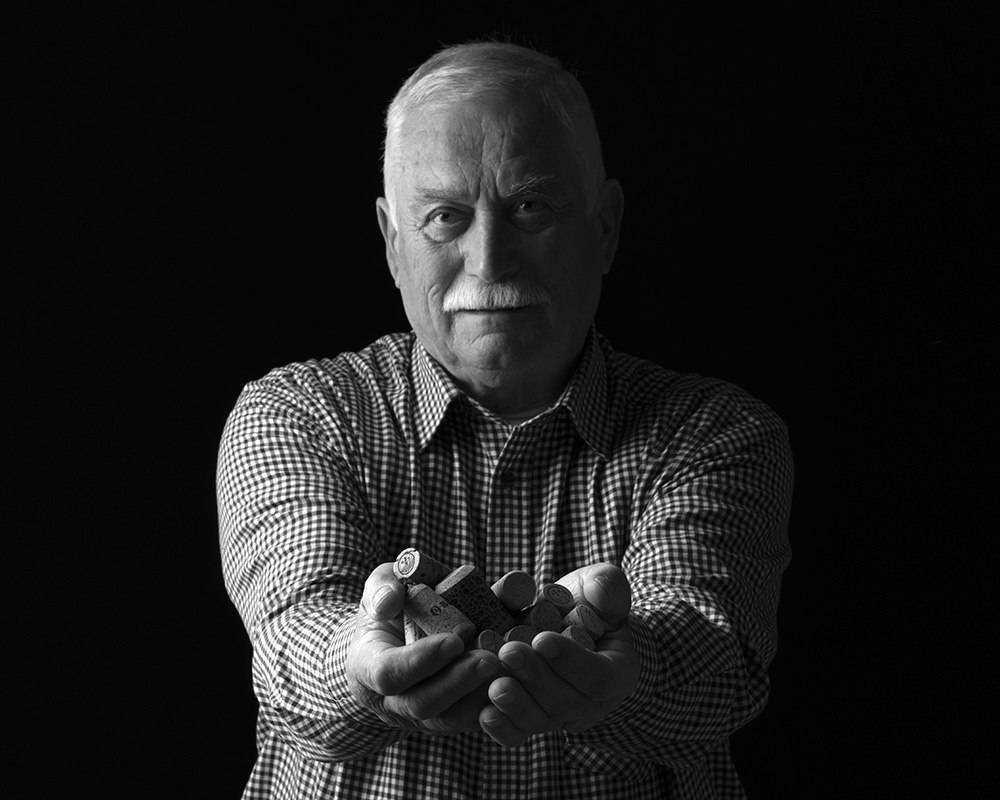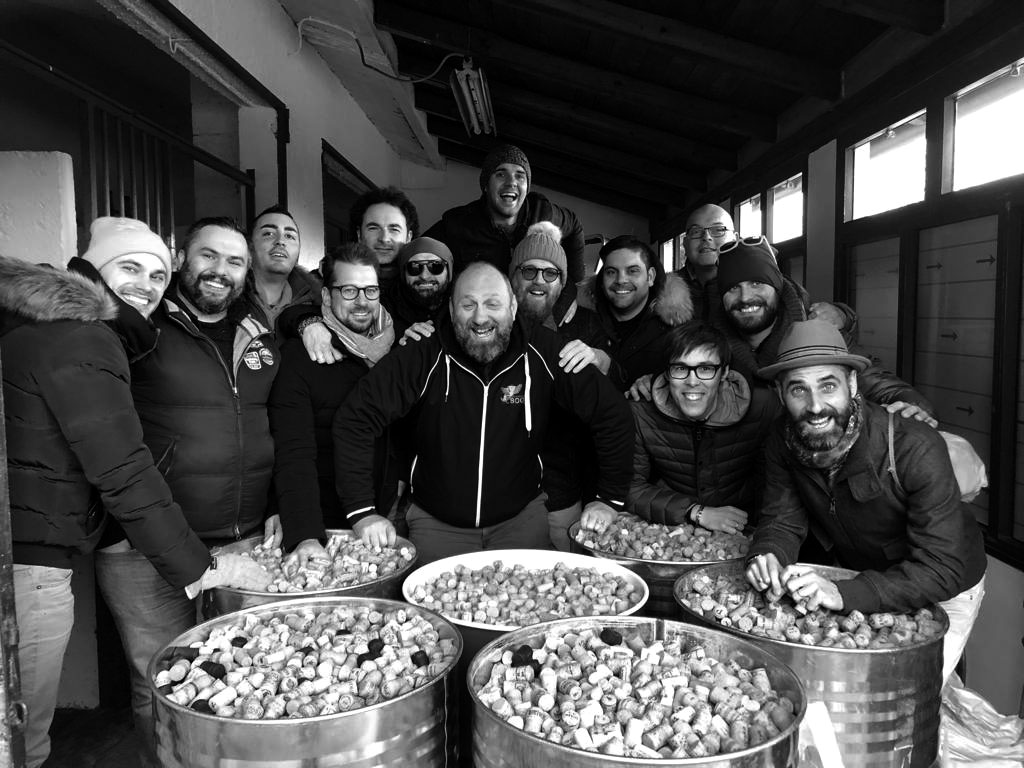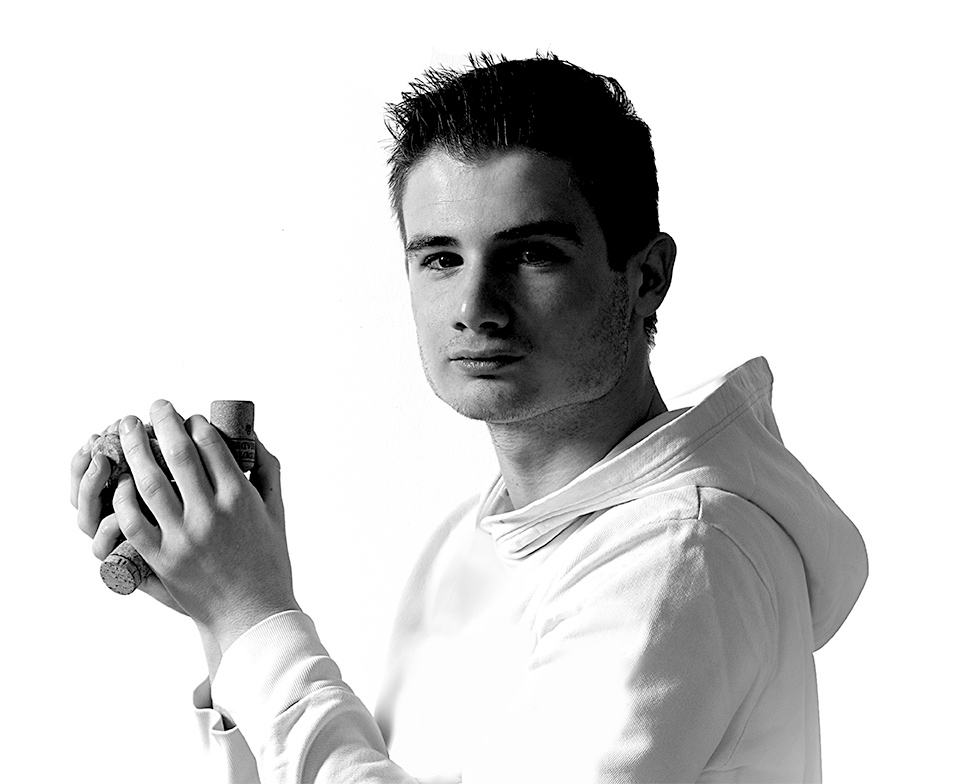The ethical revolution
The non-profit organizations of the Ethical Project
An inclusive project, a shared value

The Ethical Project was born in 2011 and promoted by Amorim Cork Italia in collaboration with Italian non-profit organizations.
Recycling is an opportunity to respect the environment and, at the same time, help those who need help and support: the proceeds from the cork sales are entirely destined for non-profit organizations and their projects.
There are many volunteers who enthusiastically join this initiative, taking action with generosity and enthusiasm to sensitize citizens to a conscious recycling that will help change the world.




Today, through the Ethical Project, 100 tons of used corks are recovered every year.



In Italy alone, over 800 million corks are thrown in the trash each year. This is about 16 million tons of cork that cannot be recycled.
Preventing the waste of precious materials, such as cork, allows to reduce CO2 emissions that would derive from incineration and, at the same time, have a positive impact on the ecosystem.



The chain
1.Collection
Amorim Cork Italia delivers Ethical boxes to non-profit organizations for the collection of corks . The associations place the boxes at strategic points, raising awareness among citizens through initiatives and campaigns.
Cork are stored at a collection point until they are sold.
2.Selection
The collected corks undergo a manual selection process. In this way, any waste capsules, cages or plastic caps inserted in the box are removed.
3.Solidarity
Amorim commits to donate the revenues deriving from the collection of corks to non-profit organizations. The proceeds are thus used to support solidarity projects.
4.Grinding
Corks are shredded and destined for various uses: so a new raw material is born from recycle and it will be later used within the Suber Project or in the green building industry.
5.CORK’S SECOND LIFE
In this way, design becomes even more sustainable. We are witnessing the birth of a new ethics of recycling and recovery that leads to new aesthetics of design. The second life of the cork is part of Suber’s Circular Economy Project, which is even more ethical.



